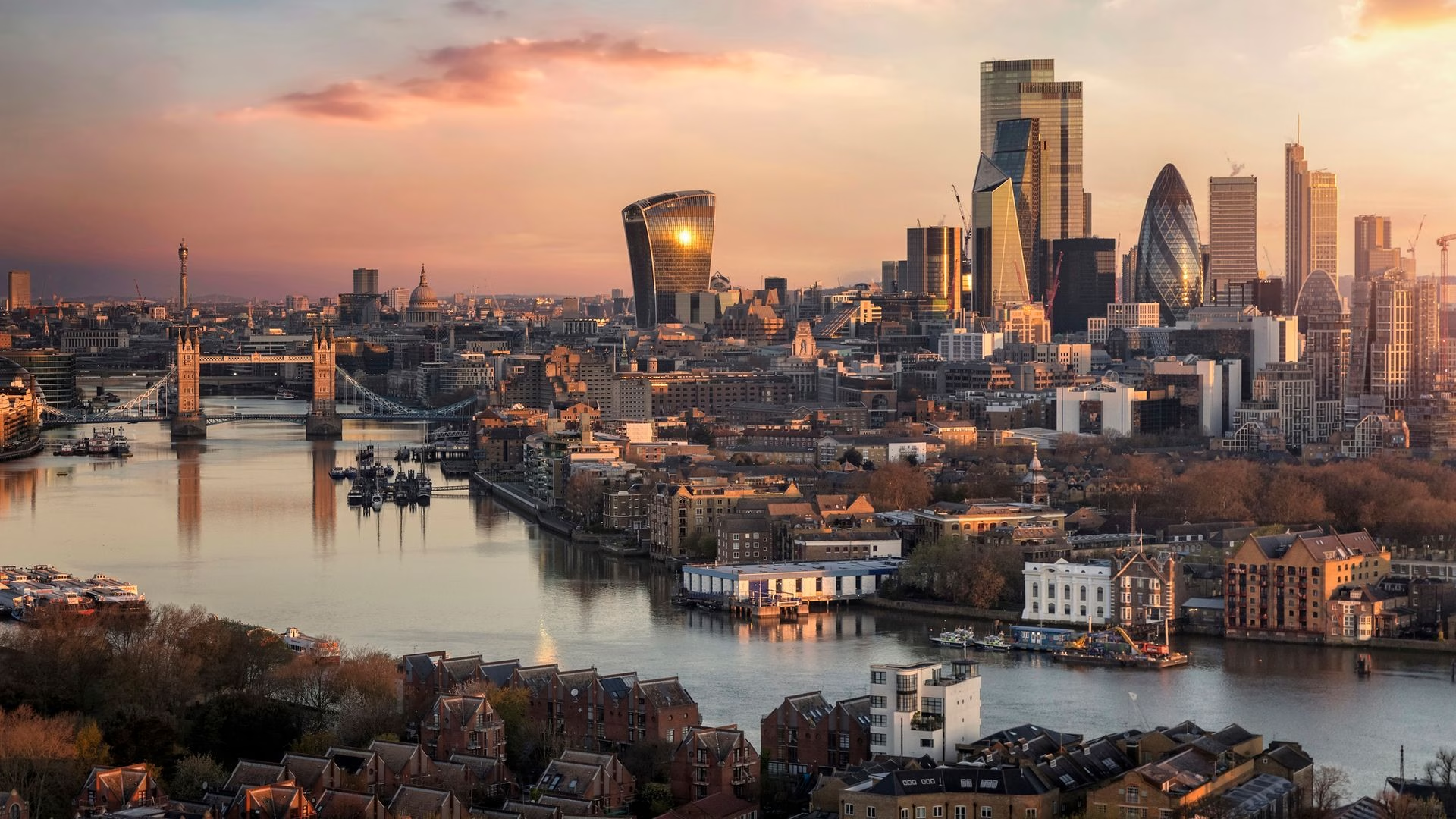
Environmental consultant Amar Munnolimath stood in a conference room at Treasure Isle Hotel on May 29 arranging large post-it notes on the wall.
Each note listed a problem believed to exacerbate plastic pollution in the Virgin Islands: “Lack of awareness;” “Lack of funding;” “No limitations on import or manufacturing,” and many others.
The notes had been compiled by about two dozen attendees at a two-day policy dialogue and circular economy workshop hosted by the government and the non-profit Green VI as part of the regional Prevention of the Marine Litter in the Caribbean Sea Project (PROMAR).
After attendees reviewed the post-it notes, Mr. Munnolimath — a programme head at the Germany-based environmental consultancy adelphi — divided them up and handed them out to four groups.
Attendees then brainstormed wide-ranging solutions to the plastic problem, including import duties on single-use plastics, green certifications, investment grants and many more.

‘Ideas into action’
The workshop, which was attended by representatives from the public and private sectors, was aimed at developing policies and business models that support a “circular economy” in the VI.
Besides the brainstorming sessions, the May 29 activities also included speeches from officials such as Deputy Premier Julian Fraser, the minister of environment, natural resources and climate change.
The next day was devoted in part to discussing best-practice business and policy frameworks like container deposit systems and measures that hold plastic producers responsible for the long-term impacts of their products.
“This workshop is about turning policy ideas into action,” Green VI Director of Operations Dylan Penn said in advance of the sessions. “The BVI has an opportunity to lead with locally informed, regionally relevant solutions that protect what makes our islands special.”
A daunting problem
The region’s plastic problem is daunting.
Studies suggest that as many as 200,000 pieces of plastic per square kilometre litter the seas of the northeastern Caribbean, and the World Bank has said plastic on Caribbean beaches far exceeds global averages.
The cross-border PROMAR project, which is funded by the German government, is being managed regionally through a partnership between adelphi, the lead implementer, and the United Nations Environment Programme’s Cartagena Convention Secretariat, an implementing partner.
In the VI, which came on board this year, the project is being administered through a partnership between Green VI and the Ministry of Environment, Natural Resources and Climate Change.
PROMAR also includes seven other countries, where the project is in various stages of implementation: Costa Rica, Colombia, the Dominican Republic, Guyana, St. Kitts and Nevis, Suriname and Trinidad and Tobago.
All the partners share access to the Caribbean Sea and all have economies dependent on tourism, fisheries and maritime transport.
The VI joined the effort after Mr. Penn and Green VI Executive Director Charlotte McDevitt attended the 2024 PROMAR Meeting and Summit last November in Medellín, Colombia.
Other prongs
The initiative kicked off here in April with litter sampling at Long Bay, Beef Island.

The results obtained from the samples will be fed into a regional database as part of the “monitoring” prong of the four-prong PROMAR project.
The effort will also include other “circular economy solutions” including a recycling system at Long Bay; policy support for legislation to reduce imports of single-use plastics; and public engagement such as school outreach and coastal clean-ups, according to Green VI.
British Caribbean News


